On the occasion of the 150th anniversary of its installation at the Palais-Royal, the Conseil d'État invites the public to discover, from July 4 to September 22, an exhibition in the Galerie d'Orléans, in the garden of the Palais-Royal. Discover, through this exhibition, how the Conseil d'État has transformed this iconic Parisian site and how—through its judicial decisions, opinions, and studies—it has marked the history of the Republic.
Visit the exhibition
From July 4 to September 22, 2025 Galerie d’Orléans – Jardin du Palais-Royal, Paris 1st Access to this exhibition is free, during the opening hours of the Palais-Royal garden.
The Conseil d’État at the Palais-Royal
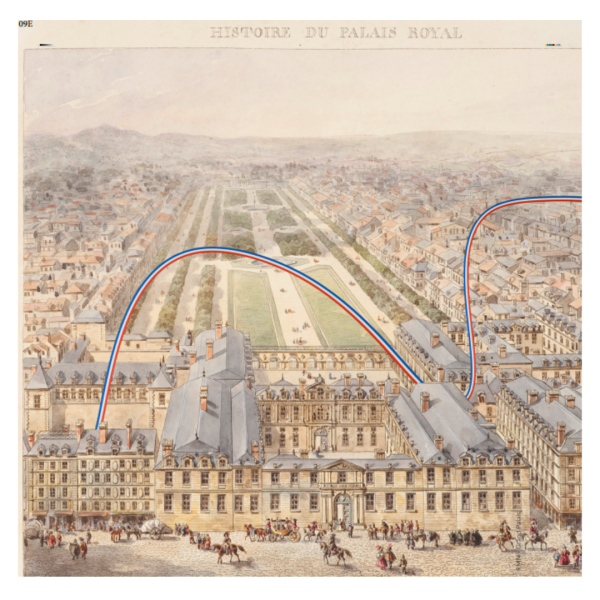
1 – The Palais-Royal, a place residence and entertainment
Richelieu launched construction of the Palais-Royal in 1624. Louis XIV grew up there. His brother, Philippe d’Orléans, and his descendants lived there. Molière played there. Over time, businesses of all kind were established there.
Crédit : RMN-Grand Palais
***
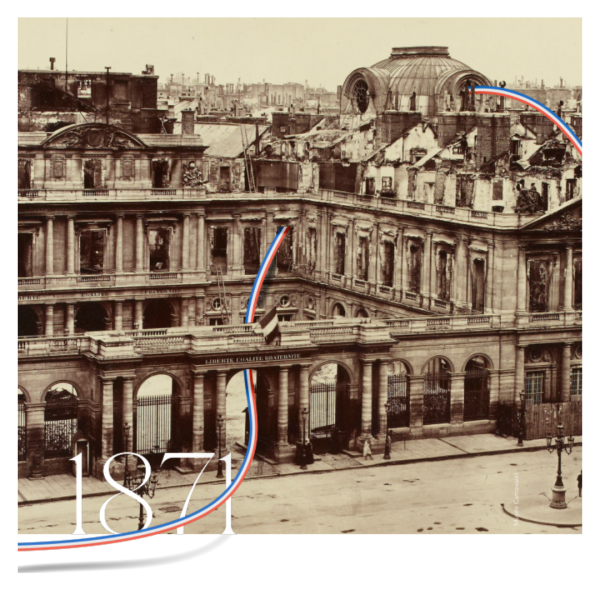
2 - The Palais-Royal, burned down under the “Commune”
During the Paris Commune, the Palais-Royal was set on fire. However, the fire was put out thanks to the intervention of local residents and employees of the Banque de France, located nearby.
Crédit : Musée Carnavalet
***
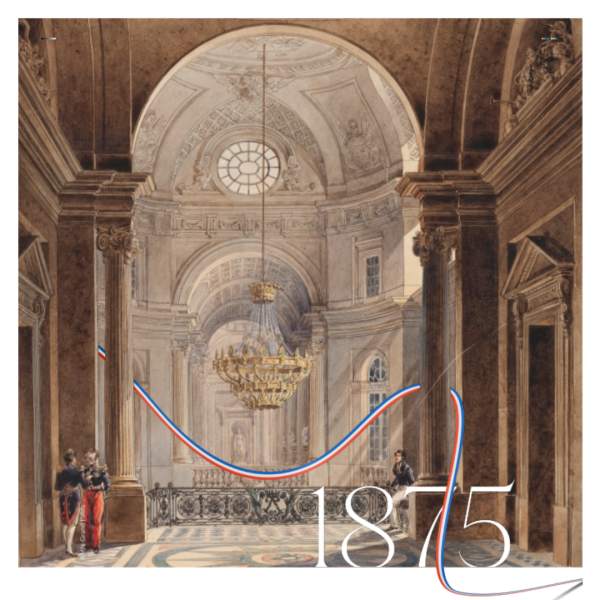
3- 1875: the move of the Conseil d’État to the Palais-Royal
Following restauration works, the Conseil d’État moved to the Palais-Royal. The Cour de cassation (the Court of Cassation) and the Cour des comptes (Court of Auditors) resided there for a while. The Conseil constitutionnel (Constitutional Council) and the Ministry of Culture moved there in 1959.
Crédit : RMN-Grand Palais
***
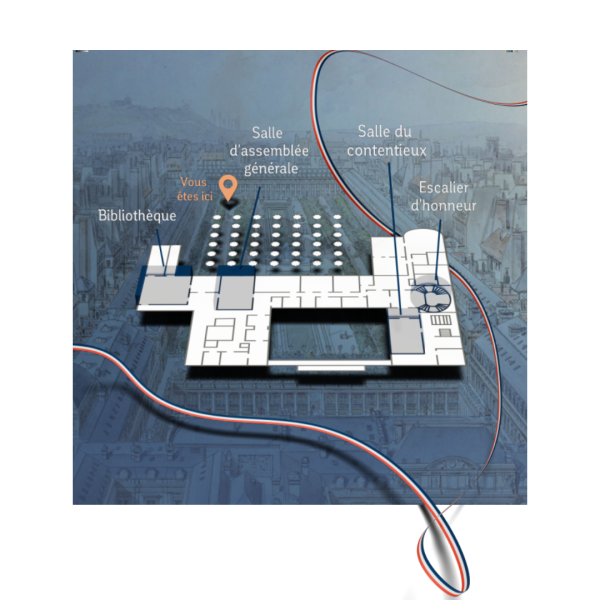
4- At the heart of the Palais-Royal
The Conseil d’État was quartered in the central part of the Palais-Royal.
***
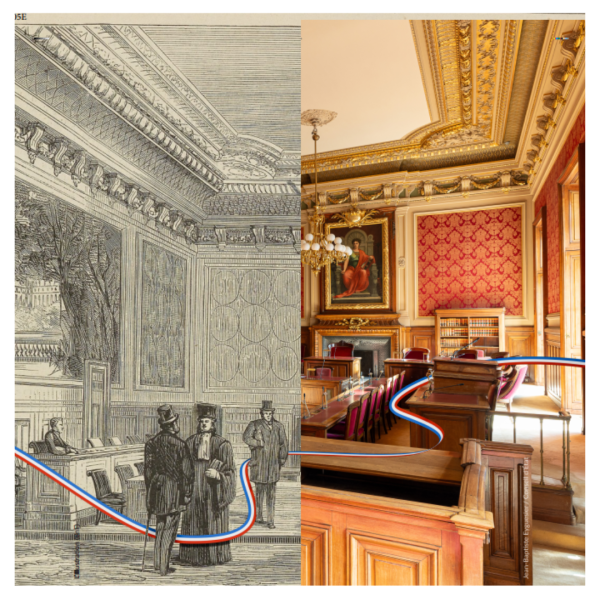
5- A Room for court hearings
Decorated with symbols of Justice, the Salle du Contentieux (Litigation Room) was fitted out in 1875 in order to hold court hearings where up to 17 judges, lawyers and the public could be gathered.
Crédit : L’Illustration (BnF)/JB Eyguesier / Conseil d’État
***
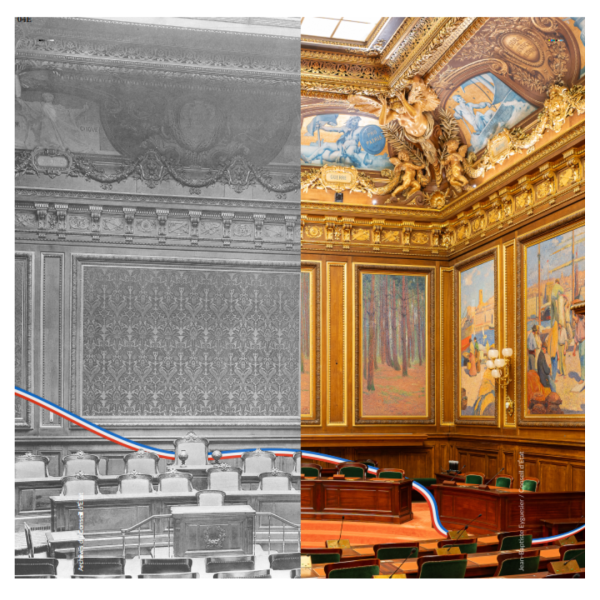
6- A Room to debate draft legislation
Inaugurated in 1876, the Salle d’Assemblée Générale’s (General Assembly Room) ceiling is adorned with paintings representing the ministries of the beginning of the Third Republic. In the 20th century, the walls were decorated with Henri Martin’s paintings.
Crédit : Archives du Conseil d’État /JB Eyguesier / Conseil d’État
***
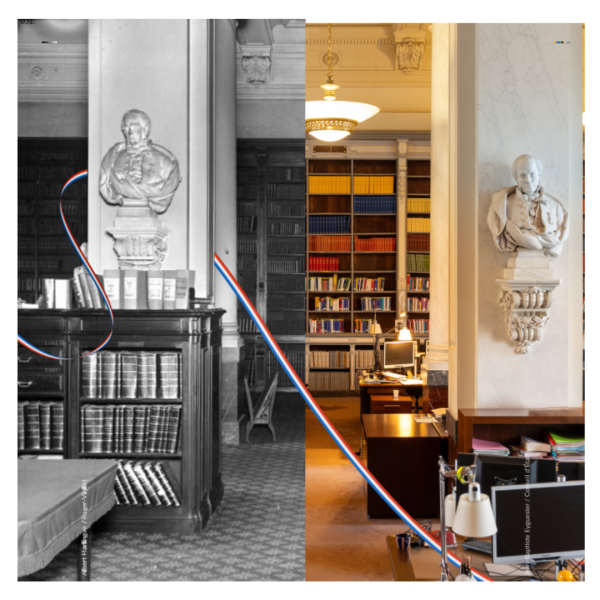
7- The Library
If only two books survived the fire at the Palais d’Orsay where the Conseil d’État resided in 1871, the library now holds 60 000 volumes. It is also used as an open space office.
Crédit : Albert Harlingue / Roger-Viollet et JB Eyguesier / Conseil d’État
***
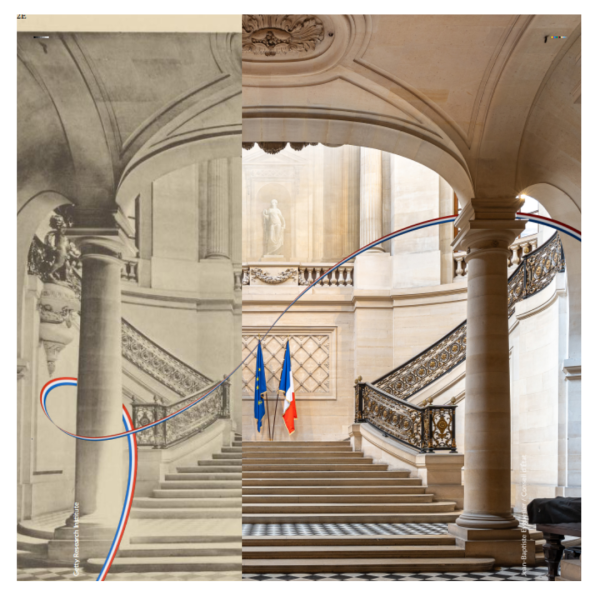
8- The hall and the escalier d’honneur (Main staircase)
Topped by a dome 26-meter-high, the Escalier d’honneur dates back to the 18th century. Once reserved to official events, it is now used by litigants to attend court hearings.
Crédit : Getty Research Institute et JB Eyguesier / Conseil d’État
***
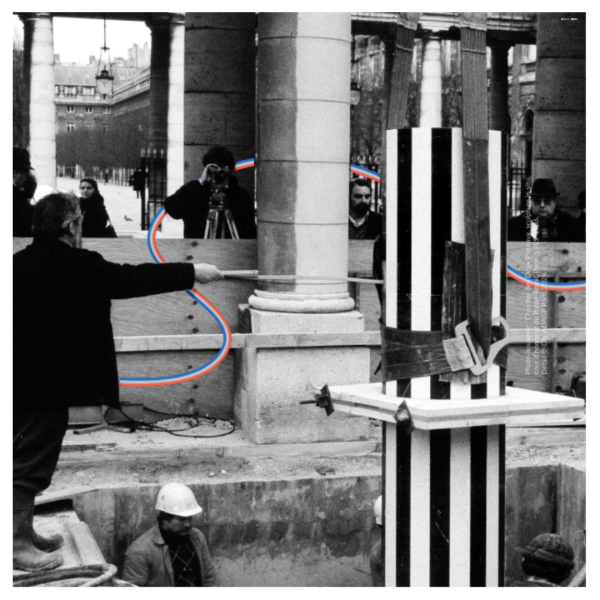
9- The Buren’s columns and the Conseil d’État: a troubled history
After having suspended the construction of the Deux Plateaux, the Conseil d’État ruled in 1992 that due to an amendment to the procedure, the work was now in conformity with the law.
Crédit : DB-ADAGP Paris 2025
***
The great moments in the French history
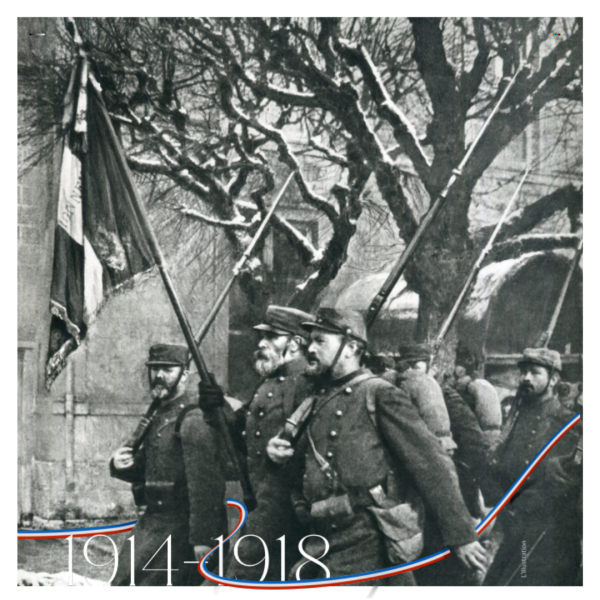
1- At the heart of the upheavals of First World War
The Conseil d’État issued opinions on unprecedented life conditions related to mobilization and fixed the framework for State policy in the event of “exceptional circumstances”.
Crédit : L’Illustration
***
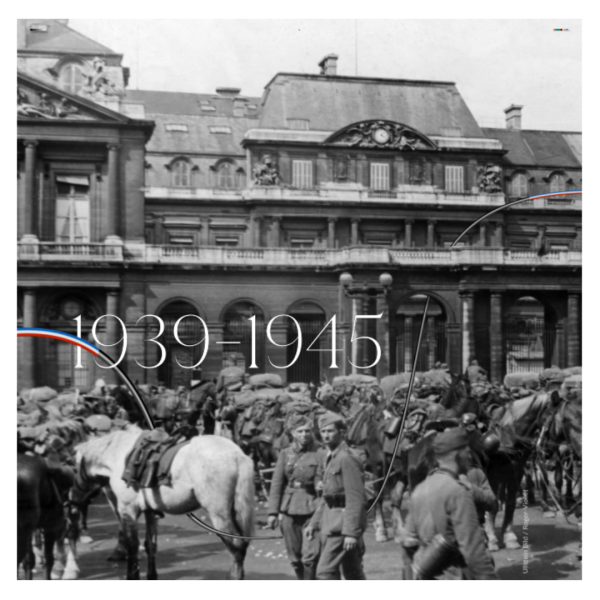
2- The dark times of Second World War
If several of its members joined the Free France (France Libre) or the Resistance, the Conseil d’État, contributed, by its opinions and decisions, in the implementation of the Vichy regime policies, including its antisemitic laws.
Crédit : Ullstein Bild / Roger-Viollet
***
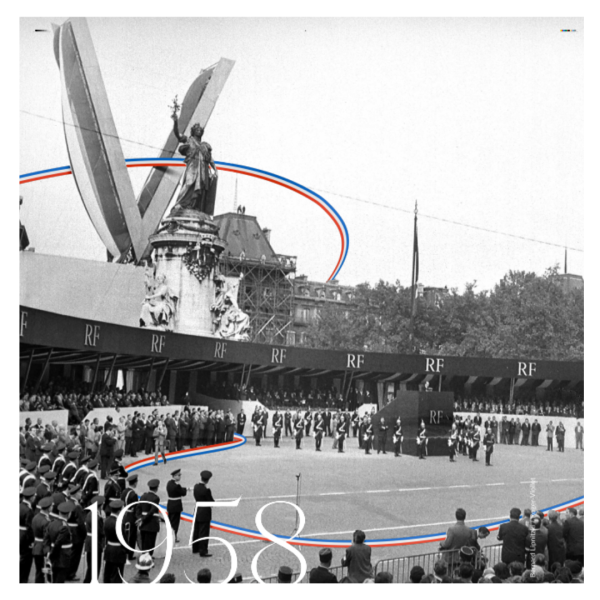
3- A new Constitution for France
Before the draft for a new Constitution could be submitted to a referendum, the Conseil d’État ensured that the text was correctly drafted, consistent and in line with France’s constitutional tradition.
Crédit : Bernard Lipnitzki / Roger-Viollet
***
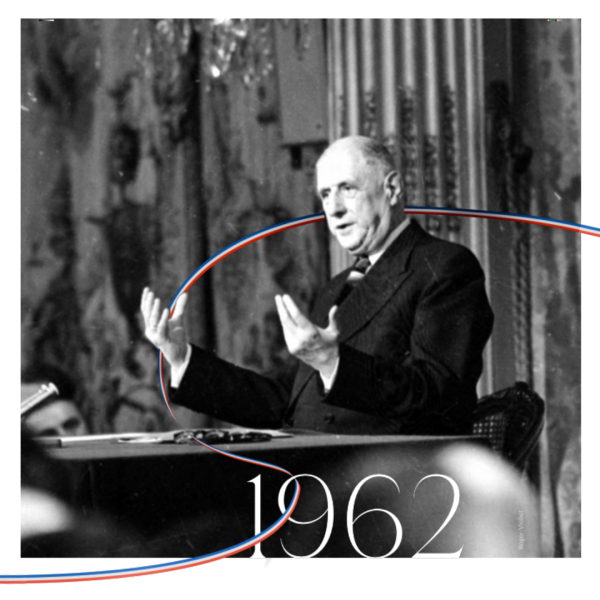
4- A year of political and institutional crisis
The Conseil d’État considered the use of Article 11 to submit the proposal for the President of the Republic to be elected by universal suffrage to a referendum to be contrary to the Constitution.
Crédit : Roger-Viollet / Roger-Viollet
***

5- COVID-19: the Conseil d’État, judge of emergency and freedoms
Faced with numerous appeals, the Conseil d’État intervened continuously, sometimes in extreme urgency to verify that the restrictions on freedoms were justified by the sanitary situation.
Crédit : Magali Cohen / Hans Lucas / Hans Lucas via AFP
***
The great actors
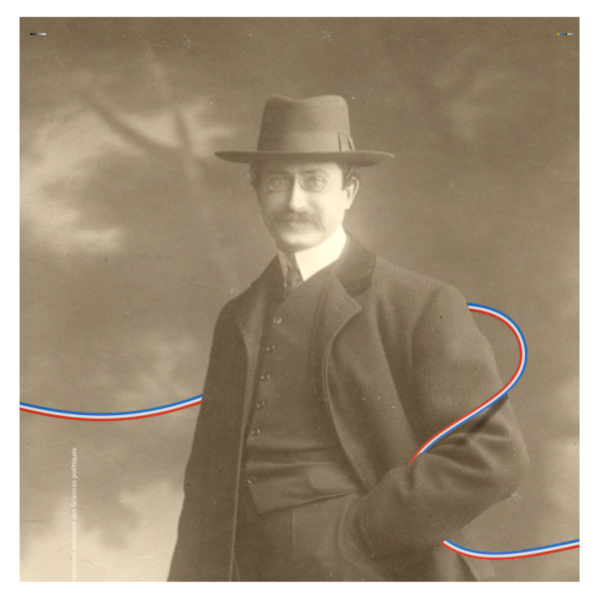
Léon Blum
Member of the Conseil d’État from 1895 to 1919, Léon Blum distinguished himself through his legal analysis of disputes linked to social conflicts at the beginning of the 20th century, such as the Armentières strikes.
Crédit : Fondation nationale des Sciences politiques
***
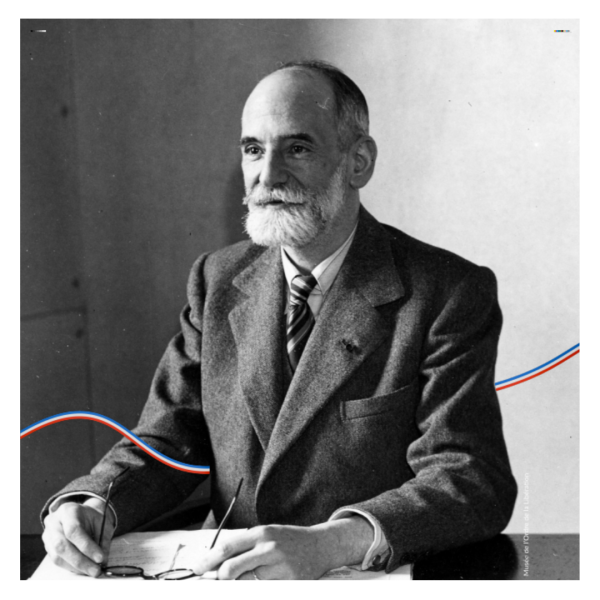
René Cassin
After having prepared the post-war laws alongside the General De Gaulle, René Cassin became Vice-President of the Conseil d’État in 1944. He was one of the architects of the Universal Declaration of Human Rights in 1948.
Crédit : Musée de l’Ordre de la Libération
***
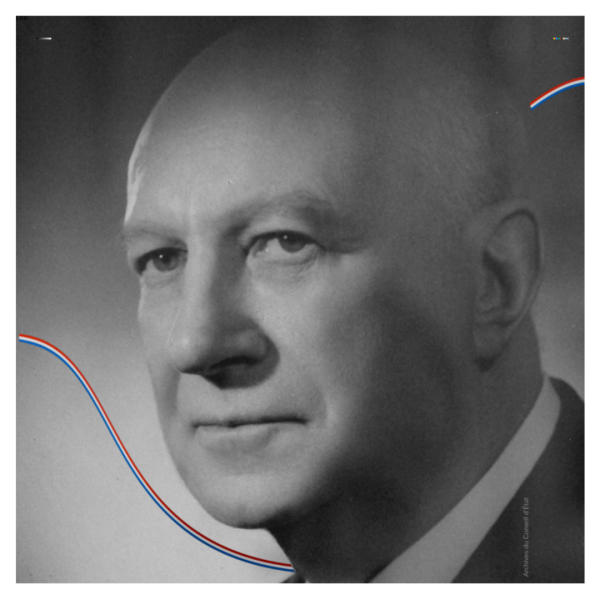
Alexandre Parodi
Member of the French Resistance and companion of the Liberation, Alexandre Parodi became the Minister of Labor and Social Security in 1944, and then Vice-President of the Conseil d’État in 1960.
Crédit : Archives du Conseil d’État
***
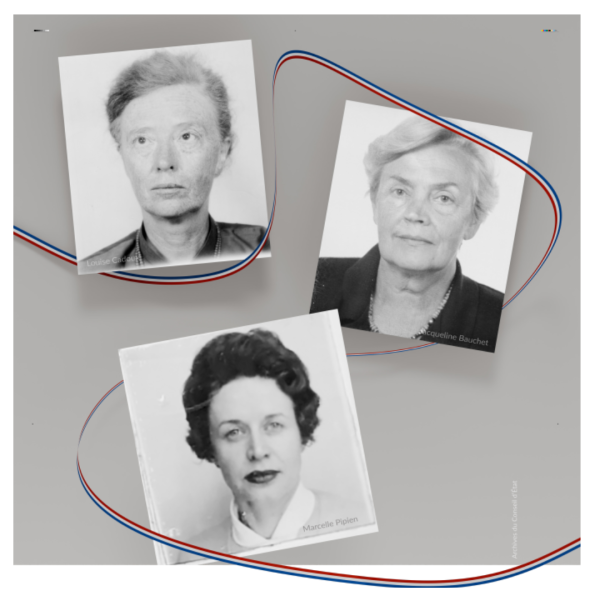
Pioneer Women
It was only in 1953, that Louise Cadoux and Jacqueline Bauchet became the first female members of the Conseil d’État and Marcelle Pipien, the first female magistrate of an administrative tribunal.
Crédit : Archives du Conseil d’État
Role
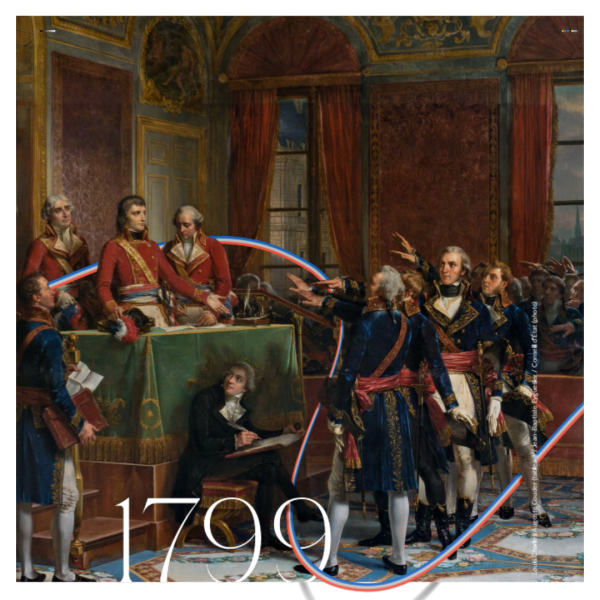
1- The Conseil d’État in its modern form
Successor to the “King’s Council”, the Conseil d’État was created by the Constitution of Year VIII. It was entrusted with two missions, prefiguring those it later assumed : a judicial and an advisory function.
Crédit : Louis Charles Auguste Couder (tableau) / Jean-Baptiste Eyguesier / Conseil d’État (photo
***
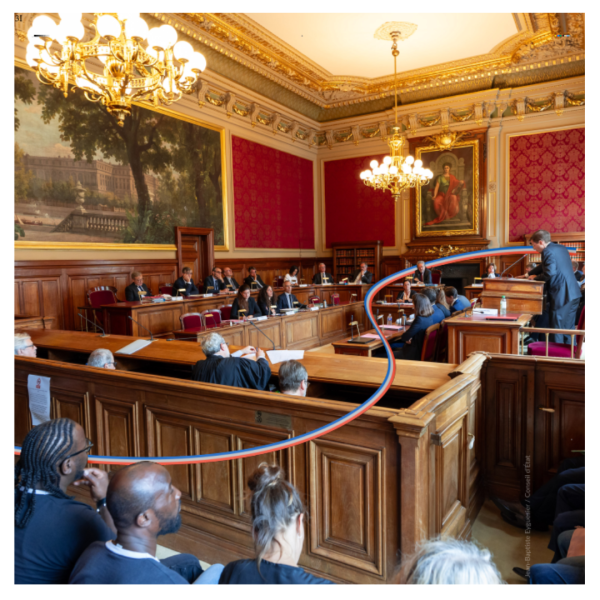
2- Adjudicate disputes between individuals and administrations
When an appeal is submitted by a citizen, the Conseil d’État verifies that the administrations (Government, local authorities, hospitals…) follow the law and respect fundamental freedoms.
Crédit : JB Eyguesier / Conseil d’État
***
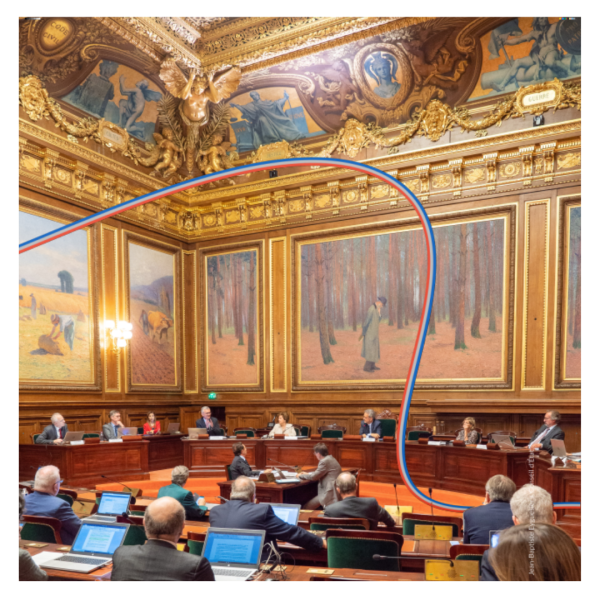
3- Advise the Government and Parliament
The Conseil d’État gives advice on draft legislation prepared by the Government, on bills drafted by Parliament and on certain Government decrees. It does not discuss political choices. It checks that the draft texts comply with the law.
Crédit : JB Eyguesier / Conseil d’État
***
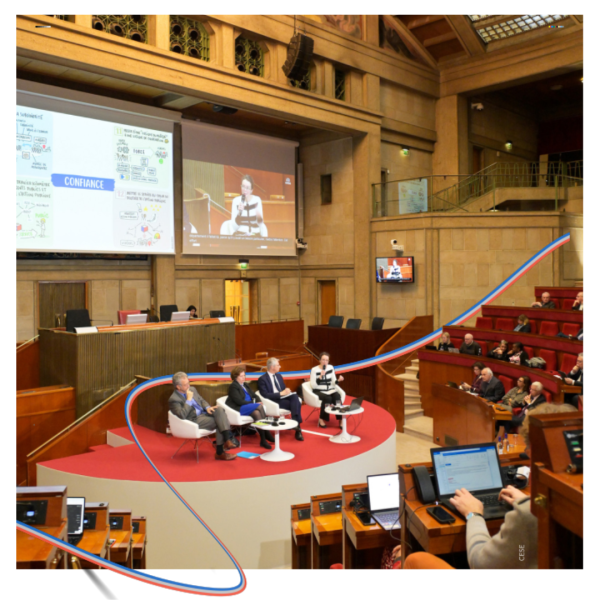
4- Produce studies to better shape public policy
At the request of Government or on its own initiative, the Conseil d’État publishes studies proposing improvements to existing legislation and public policy.
Crédit : CESE
***
The Conseil d’État, its role, its decisions, opinions and studies
Labor law
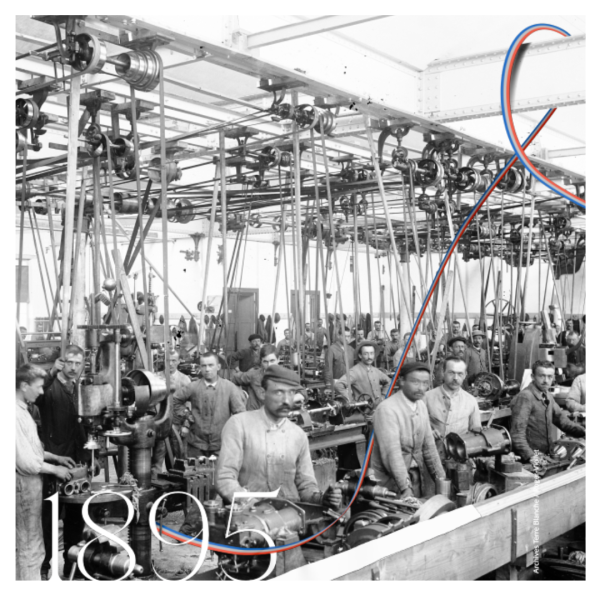
5- Compensation in the event of work injuries
The Conseil d’État ruled that a worker injured at work must be compensated by the State, his employer, even if the latter was not at fault, provided that the worker was exposed to a risk.
Crédit : Archives Terre Blanche / Roger-Viollet
***

6- Defense of all employees by unions
Consulted on a draft following May 68 agreements, the Conseil d'Etat suggested specifying that trade unions must be able to represent all employees, not just their members.
Crédit : Hermann, Lapied / Fonds France-Soir / BHVP / Roger-Viollet
***
Womens rights
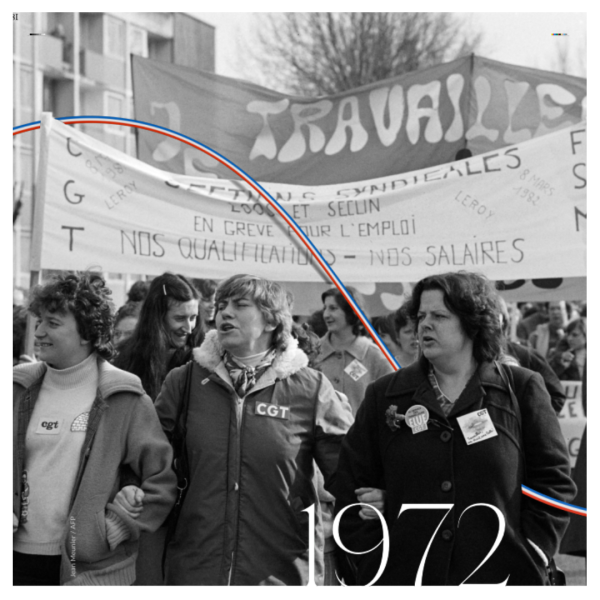
7- Equal pay for women and men everywhere
Consulted regarding a draft legislation aimed at ensuring equal pay in the private sector, the Conseil d’État recommended that it be extended to civil service in order to comply with France’s international commitments.
Crédit : Jean MEUNIER / AFP
***

8- Protection of pregnant women
Dismissed after announcing her pregnancy, a nurse appealed to the Conseil d’État, which annulled her dismissal and enshrined into law the prohibition on dismissing a pregnant woman.
Crédit : Getty
***
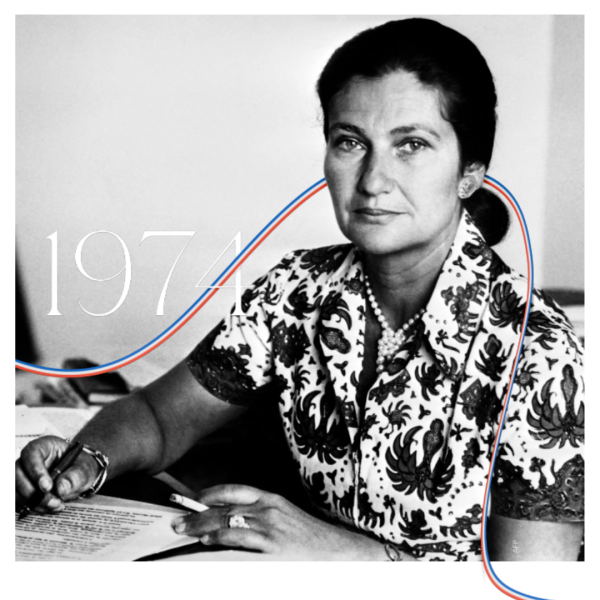
9- Access to contraception without parental consent
Consulted regarding a draft legislation making the pill accessible free of charge in family planning centers, the Conseil d’État recommended that the obligation to obtain parental consent for minors be removed.
Crédit : AFP
***
Health

10- Recognition of principles of bioethics
Pursuant to medical advances, the Conseil d’État recommended in a study that the principles of bioethics be enshrined into law in order to regulate new procedures and protect individuals.
Crédit : LAURENT / BSIP / BSIP via AFP
***
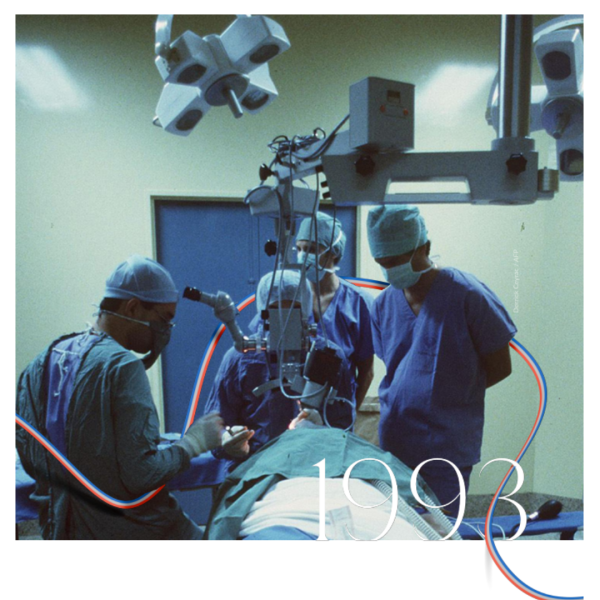
11- Compensation for medical injuries
Appealed by a patient who suffered paralysis following a medical exam, the Conseil d’État ruled that the patient must be compensated by the hospital, even if no error was committed by the medical staff.
Crédit : DERRICK CEYRAC / AFP
***

12- Consumer alerts in case of risk
The Conseil d'État ruled that, even if there is no legal obligation to do so, the Minister of Health can alert the public if consumption of certain products presents a serious health risk.
Crédit : MARCEL MOCHET / AFP
***
Environnement

13- Accountability of polluters
The Conseil d’État ruled that a company responsible for pollution must also pay for the tests required in order to evaluate the risks and the necessary measures to protect the population.
Crédit : Eric Feferberg / AFP
***

14- Pollution: the obligation for the State to act
The Conseil d’État ordered the State to pay a penalty of 10 million euros per semester, as long as it had not taken the necessary measures to reduce air pollution.
Crédit : JOEL SAGET / AFP
***
Droits fondamentaux
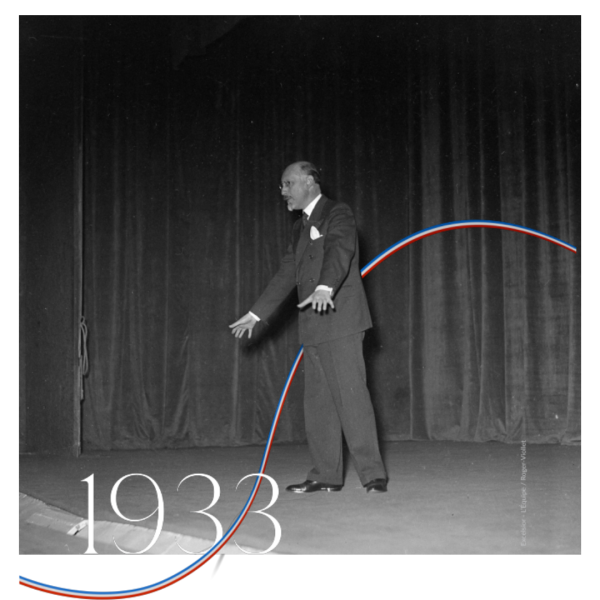
15- Protection of fundamental freedoms
Appealed by an author whose conference was banned, the Conseil d’État ruled that a restriction on a fundamental freedom was illegal if other less restrictive measures could have prevented the risk of public disorder.
Crédit : Excelsior - L'Equipe / Roger-Viollet
***
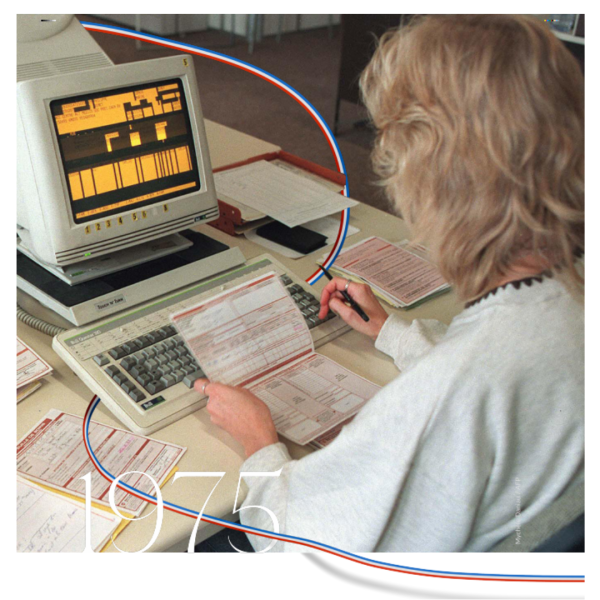
16- Respect of private life and technological advances
The Conseil d’État suggested measures ensuring the respect of private life with IT development. These proposals prefigured the Law “Informatique et Libertés” of 1978.
Crédit : MYCHELE DANIAU / AFP
***

17- Laws in conformity with international treaties
The Conseil d’État makes sure that the law respects France’s international commitments, including EU law and that of the European Convention on Human Rights and Fundamental Freedoms.
Crédit : Adobe Stock
***
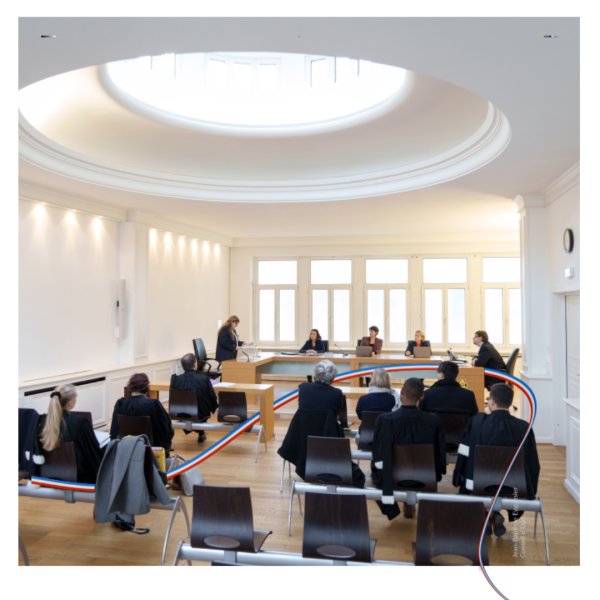
18 – An administrative justice at the service of citizens
The Conseil d’État, the 42 administrative tribunals, the 9 administrative courts of appeal as well as the Cour nationale du droit d’asile (National Court of Asylum) and the Tribunal du stationnement payant (Tribunal on Paid Parking) form the administrative jurisdiction.
Crédit : JB Eyguesier / Conseil d’État
***

